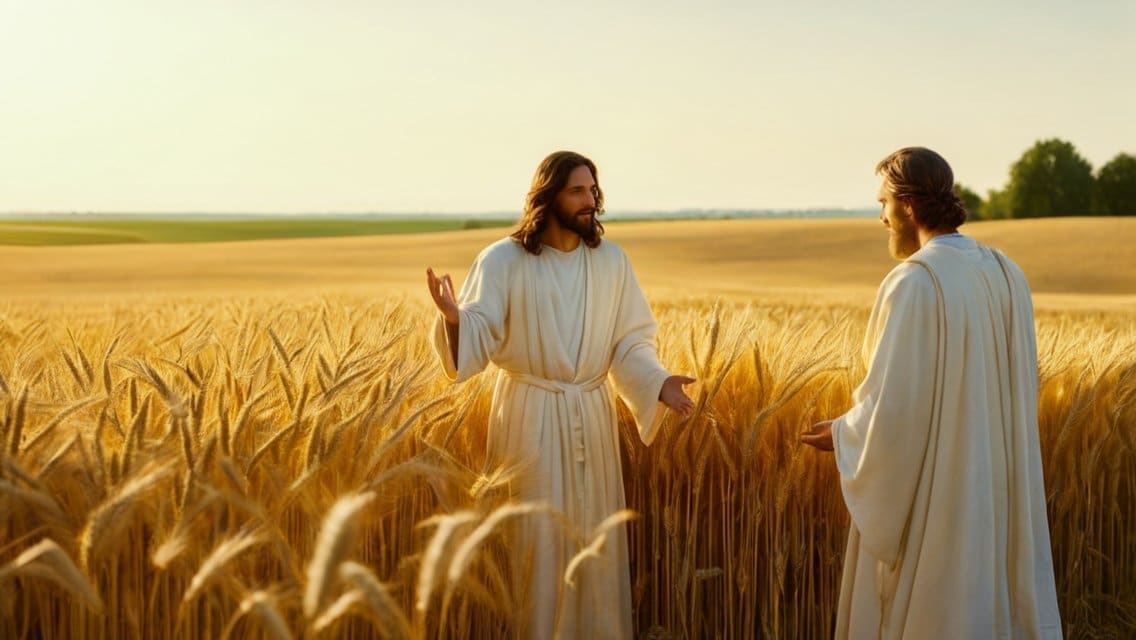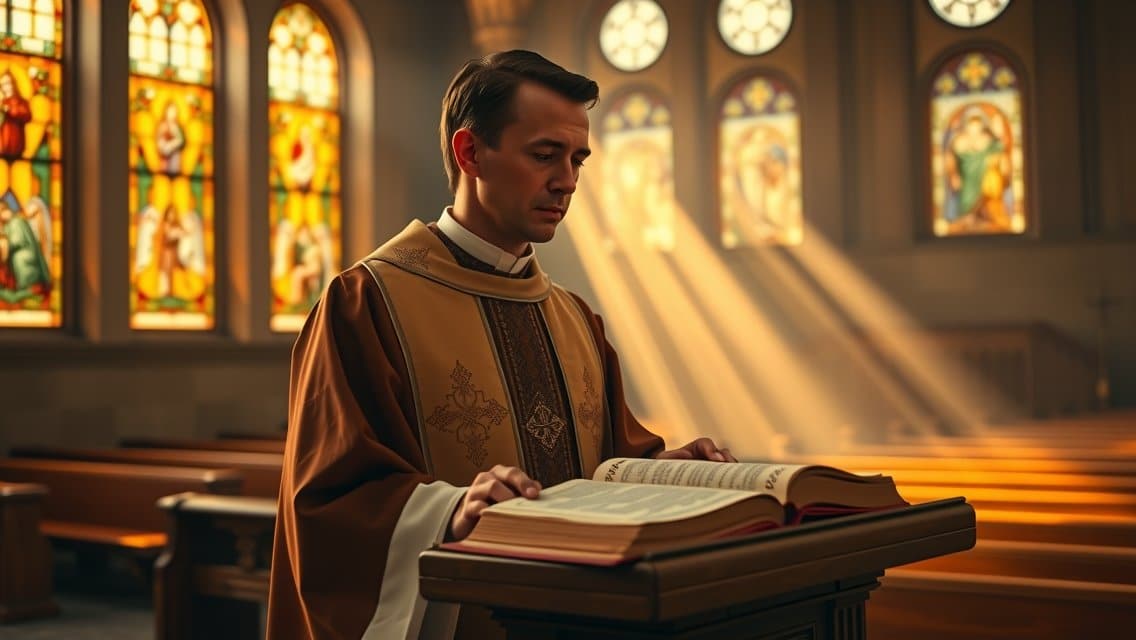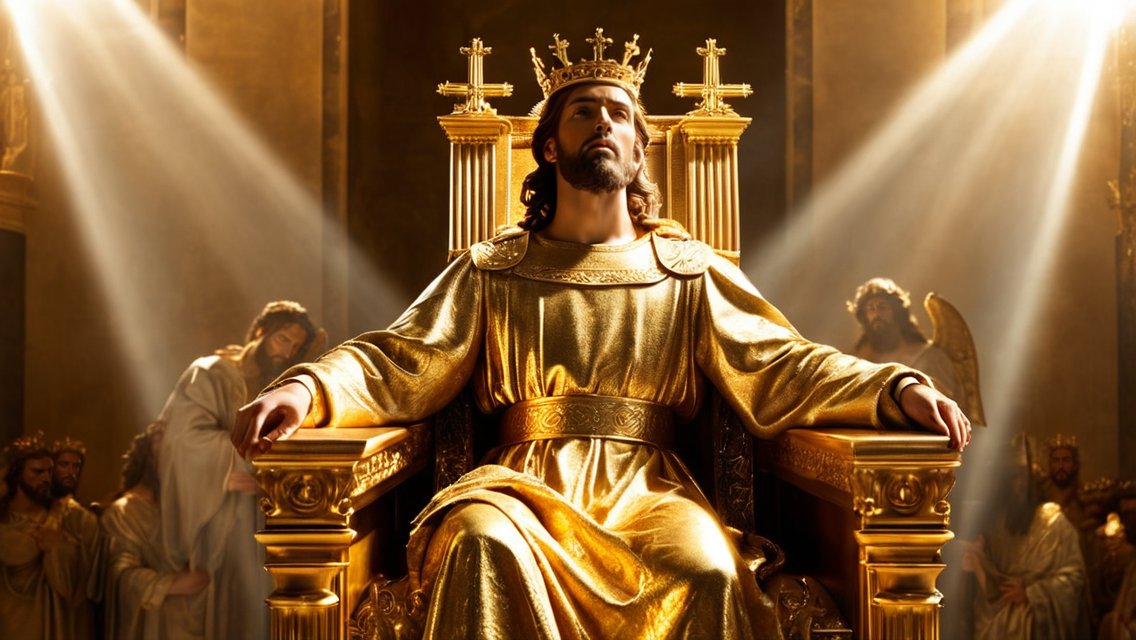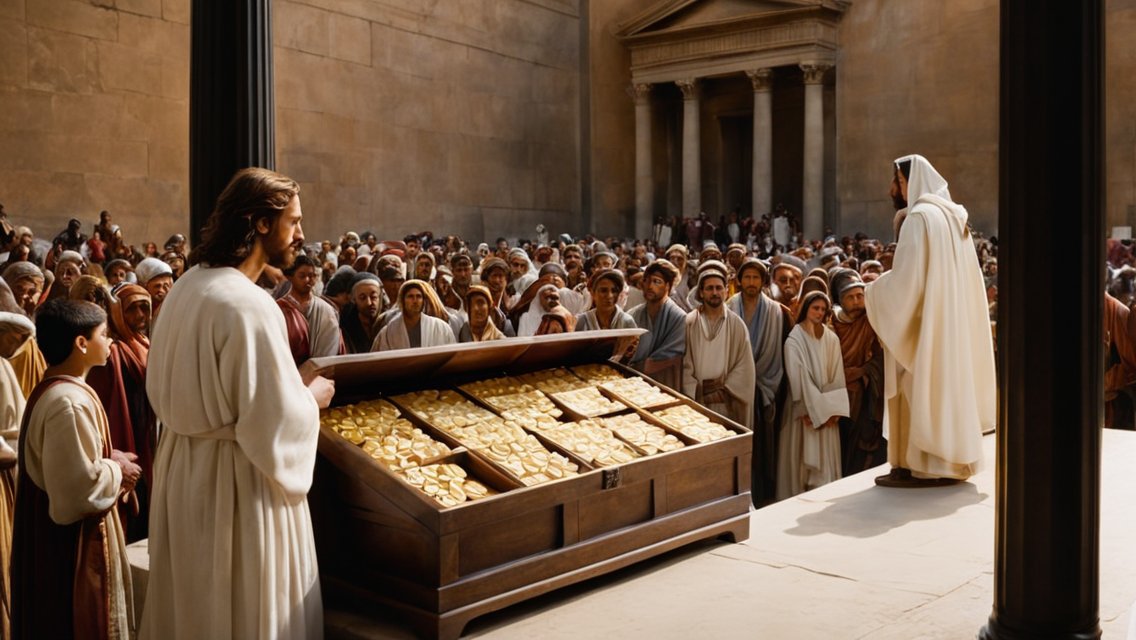10th Sunday Homily of the Ordinary Time – Year B
Readings: Gen 3:9-l5, 2 Cor 4:l3 – 5:l,Mk 3:20-35
1st Reading – Genesis 3:9-15
9 After the man, Adam, had eaten of the tree, the LORD God called to the man and asked him, “Where are you?”
10 He answered, “I heard you in the garden; but I was afraid, because I was naked, so I hid myself.”
11 Then he asked, “Who told you that you were naked? You have eaten, then, from the tree of which I had forbidden you to eat!”
12 The man replied, “The woman whom you put here with me she gave me fruit from the tree, and so I ate it.”
13 The LORD God then asked the woman, “Why did you do such a thing?” The woman answered, “The serpent tricked me into it, so I ate it.”

14 Then the LORD God said to the serpent: “Because you have done this, you shall be banned from all the animals and from all the wild creatures; on your belly shall you crawl, and dirt shall you eat all the days of your life.
15 I will put enmity between you and the woman, and between your offspring and hers; he will strike at your head, while you strike at his heel.”
Responsorial Psalm – Psalms 130:1-2, 3-4, 5-6, 7-8
R. (7bc) With the Lord there is mercy, and fullness of redemption.
1 Out of the depths I cry to you, O LORD;
LORD, hear my voice!
2 Let your ears be attentive
to my voice in supplication.
R. With the Lord there is mercy, and fullness of redemption.
3 If you, O LORD, mark iniquities,
LORD, who can stand?
4 But with you is forgiveness,
that you may be revered.
R. With the Lord there is mercy, and fullness of redemption.
5 I trust in the LORD;
my soul trusts in his word.
6 More than sentinels wait for the dawn,
let Israel wait for the LORD.
R. With the Lord there is mercy, and fullness of redemption.
7 For with the LORD is kindness
and with him is plenteous redemption
8 and he will redeem Israel
from all their iniquities.
R. With the Lord there is mercy, and fullness of redemption.
2nd Reading – 2 Corinthians 4:13-5:1
13 Brothers and sisters: Since we have the same spirit of faith, according to what is written, I believed, therefore I spoke, we too believe and therefore we speak,
14 knowing that the one who raised the Lord Jesus will raise us also with Jesus and place us with you in his presence.
15 Everything indeed is for you, so that the grace bestowed in abundance on more and more people may cause the thanksgiving to overflow for the glory of God.
16 Therefore, we are not discouraged; rather, although our outer self is wasting away, our inner self is being renewed day by day.
17 For this momentary light affliction is producing for us an eternal weight of glory beyond all comparison,
18 as we look not to what is seen but to what is unseen; for what is seen is transitory, but what is unseen is eternal.
1 For we know that if our earthly dwelling, a tent, should be destroyed, we have a building from God, a dwelling not made with hands, eternal in heaven.
Alleluia – John 12:31B-32
R. Alleluia, alleluia.
31B Now the ruler of the world will be driven out, says the Lord;
32 and when I am lifted up from the earth, I will draw everyone to myself.
R. Alleluia, alleluia.
Gospel – Mark 3:20-35
20 Jesus came home with his disciples. Again the crowd gathered, making it impossible for them even to eat.
21 When his relatives heard of this they set out to seize him, for they said, “He is out of his mind.”
22 The scribes who had come from Jerusalem said, “He is possessed by Beelzebul,” and “By the prince of demons he drives out demons.”
23 Summoning them, he began to speak to them in parables, “How can Satan drive out Satan?
24 If a kingdom is divided against itself, that kingdom cannot stand.
25 And if a house is divided against itself, that house will not be able to stand.
26 And if Satan has risen up against himself and is divided, he cannot stand;
that is the end of him.
27 But no one can enter a strong man’s house to plunder his property unless he first ties up the strong man. Then he can plunder the house.
28 Amen, I say to you, all sins and all blasphemies that people utter will be
forgiven them.
29 But whoever blasphemes against the Holy Spirit will never have forgiveness, but is guilty of an everlasting sin.”
30 For they had said, “He has an unclean spirit.”
31 His mother and his brothers arrived. Standing outside they sent word to him and called him.
32 A crowd seated around him told him, “Your mother and your brothers and your sisters are outside asking for you.”
33 But he said to them in reply, “Who are my mother and my brothers?”
34 And looking around at those seated in the circle he said, “Here are my mother and my brothers.
35 For whoever does the will of God is my brother and sister and mother.”
Homily
O Happy Fault! O Necessary
Sin of Adam!
“All sins will be forgiven, and all blasphemies
except against the Holy Spirit” (Mk)
In our world where women are subordinated by men, Eve somehow becomes the prototype of sin, as the following limerick suggests:
“In Genesis, Adam’s the winner,
While Eve is cursed as a sinner;
For the fruit she brings,
That’s how Man sees things,
He blames her when she brings his dinner.”
Adam, like Eve, is equally guilty of the sin of hubris. And, we’re guilty too by doing our own will. Today’s readings invite us to do God’s will.
The first reading tells the “fall story’ in mythical form. In Genesis the serpent is not identified with Satan, which is a later interpretation of Judaism that was taken over by Christianity; as, for example, in today’s gospel passage where there is a controversy regarding Beelzebul. it would be wrong to draw meaning for every detail in the story – i.e., to seek explanation why serpents crawl on their bellies and whether it was Adam or Eve who first bit what was supposedly an apple.
The ‘Fall story’ is important because it reveals the dynamics of temptation and human sinfulness. Temptations abound and we succumb consciously or unconsciously. The root of sin is pride (to ‘be’ god) and greed (to ‘have’ more). Happy, is that hue of hope that finds fullest expression in the Easter Exsultet: “O happy fault! O necessary sin of Adam that we us so great a saviour!”
The second reading could be understood in the context of Paul’s sufferings. But, in them he experiences hope, which is the outcome of his faith in the crucified-risen Christ. Thus, although there are trials, tribulations and temptations that weaken the ‘outer man’, so to say, Paul knows that the ‘inner man’ – i.e., the new Adam in him, the divine image – is being renewed for the final resurrection of the body.
The gospel reading contains one of Mark’s so-called ‘sandwiches’ – i.e., passages in which one event is inserted into another (see also 5:2 l-43; l1:1l-2l; l4:53-72). Here, the two events are the coming of Jesus’ family members to take him home and the Beelzebul controversy with the scribes. Mark’s gospel sandwich serves two purposes: (a) the: event inside the sandwich provides time for the other event to take place. Here, after leaving home, Jesus’ relatives have time to reach him where he is, and (b) one event interprets the other. Both Jesus’ ‘own’ and the scribes misunderstand him, and he reacts to them.
Without giving details, we can summarize that, when Jesus is accused of being possessed by the devil, he counters the charge by saying that in Him a stronger force has arrived and God will finally defeat evil. A puzzling line appears after the Beelzebul controversy about blasphemy against the Holy Spirit. Sadly, this saying has frightened people who think that if they disrespect the Spirit, they will suffer eternal damnation. This is not the meaning of the text. But, “to blaspheme against the Holy Spirit” means to fail to accept that Jesus’ deeds are works of God through the Spirit. Rejection of Jesus is, indeed, rejection of God; and can one who has rejected God save oneself?
Another misunderstanding that might arise with this text is that those with no special devotion to Mother Mary will argue that Jesus himself had no regard for her. However, Catholics probably will say: Even if all Jesus’ relatives misunderstood Jesus, surely, his mother didn’t! Both groups misinterpret the text which simply implies that Jesus’ ‘faith family’ supersedes his ‘blood family’. Now, far beyond being Jesus’ mother ‘by blood” Mary will prove herself, time arid again, as mother of his ‘faith family’ as well, for she unfailingly does God’s will,
Today, we’re called to realize our own sinfulness and the need to seek God’s will amidst the snares of Satan who appears in many forms. Blessed, indeed, are we, for whom God sent so wondrous a saviour! And blessed is the New Eve, Mary, Our Mother, who inspires us to say: “be it done to me according to your will!”





